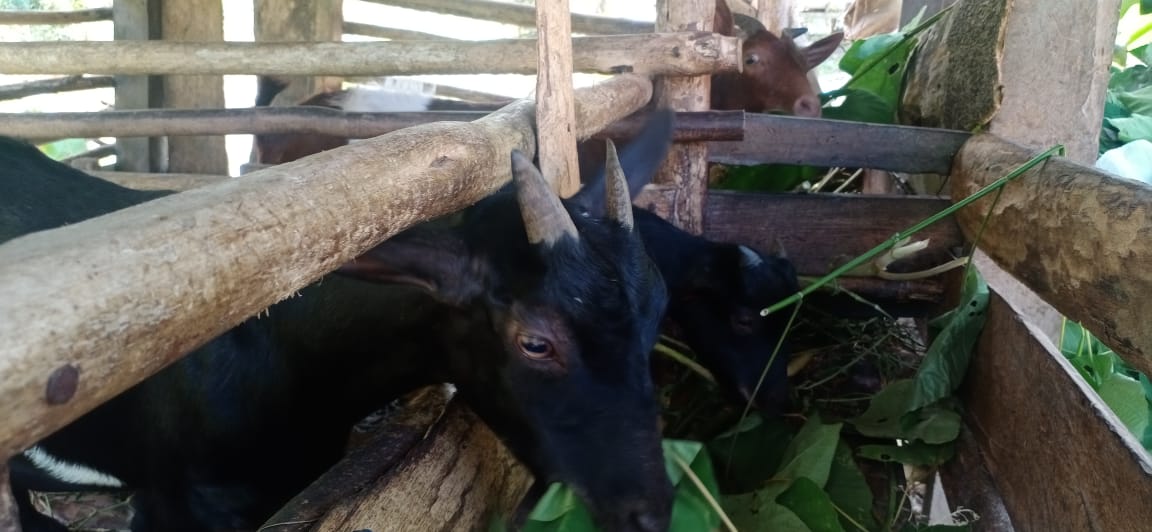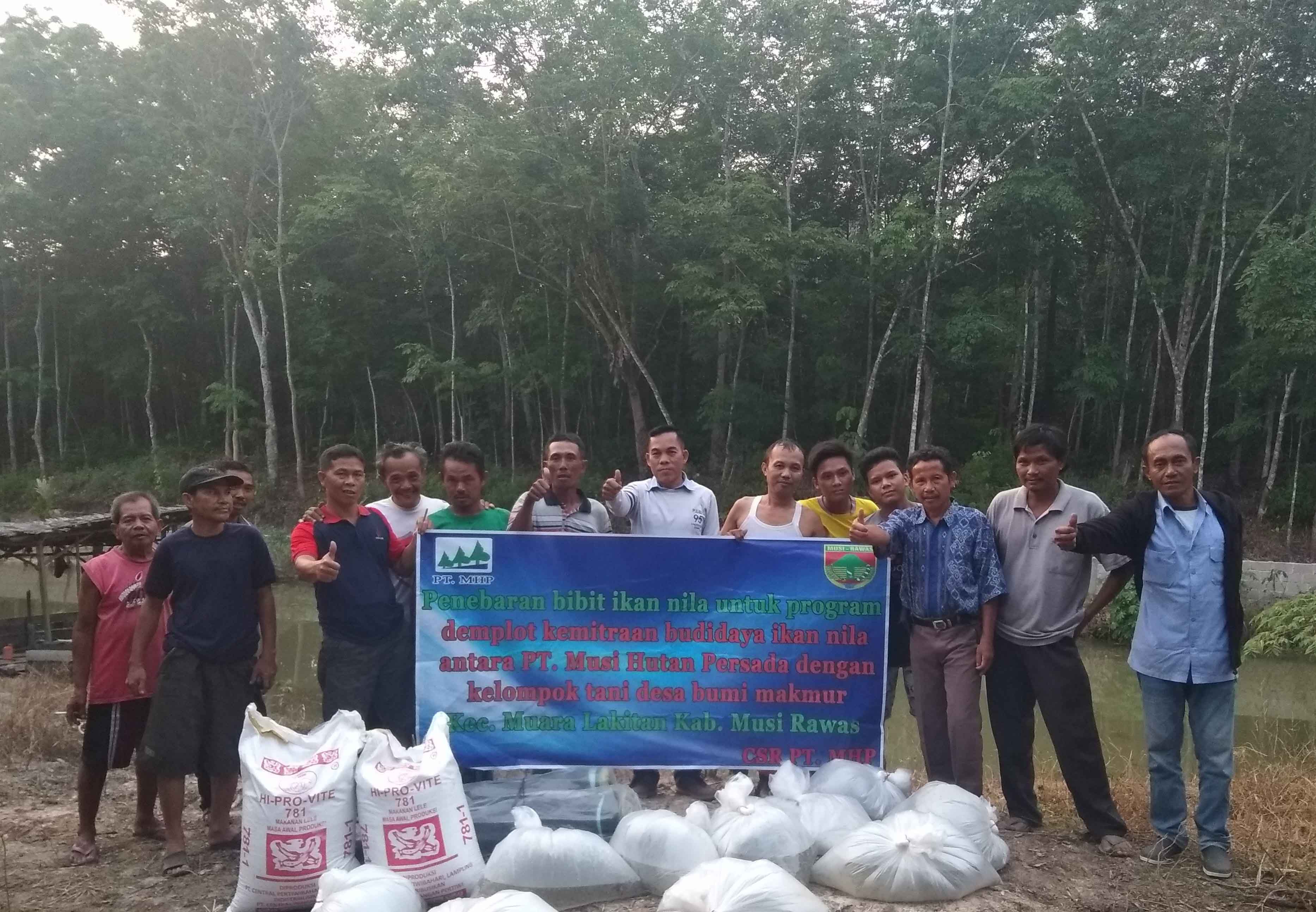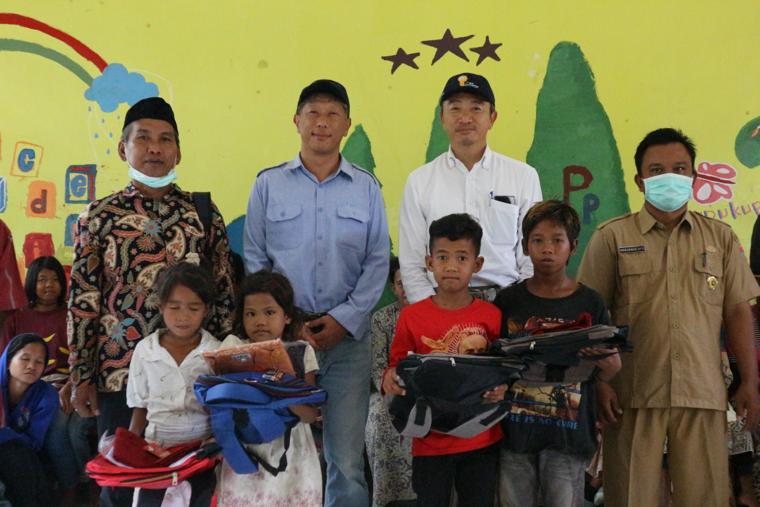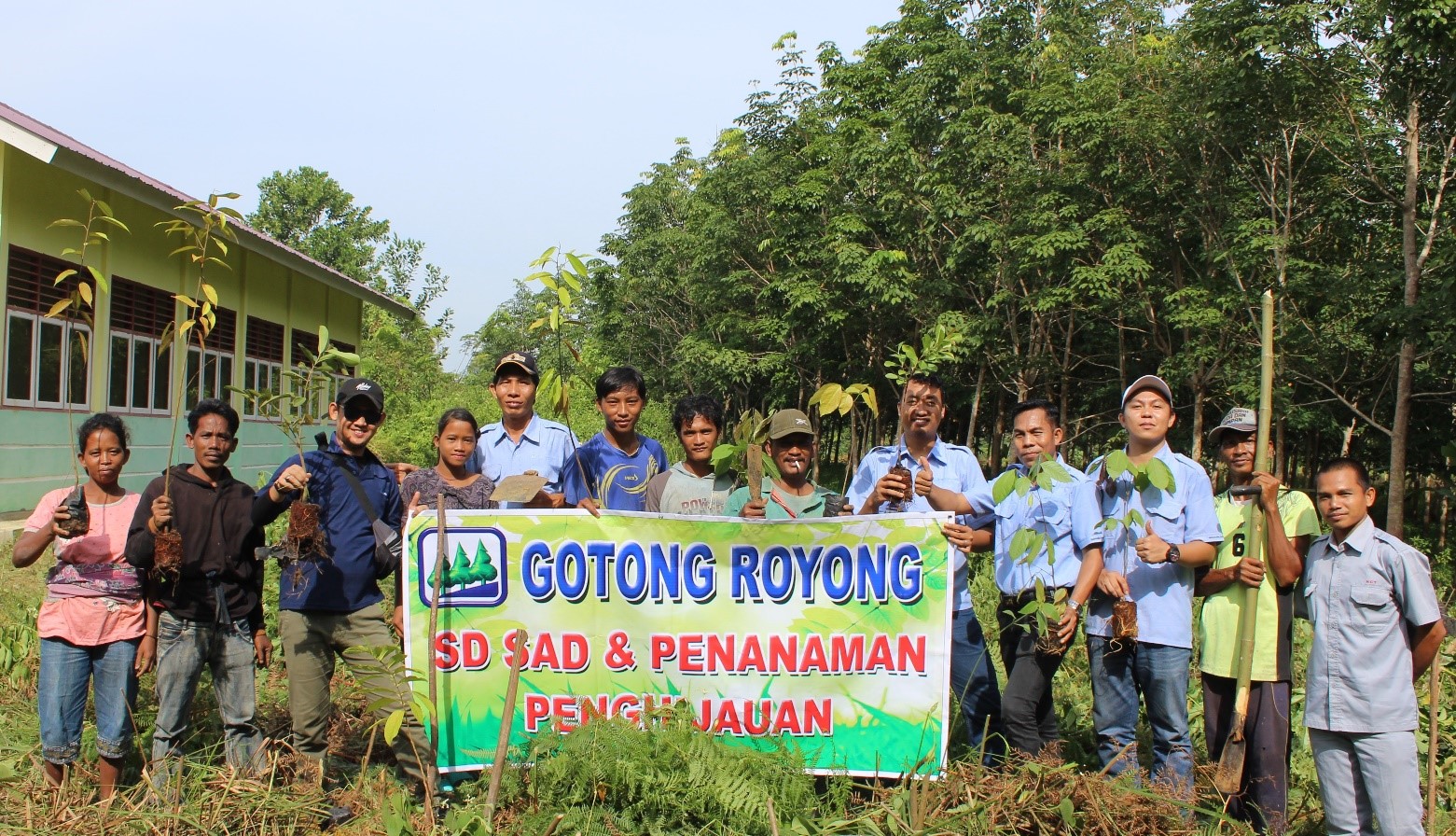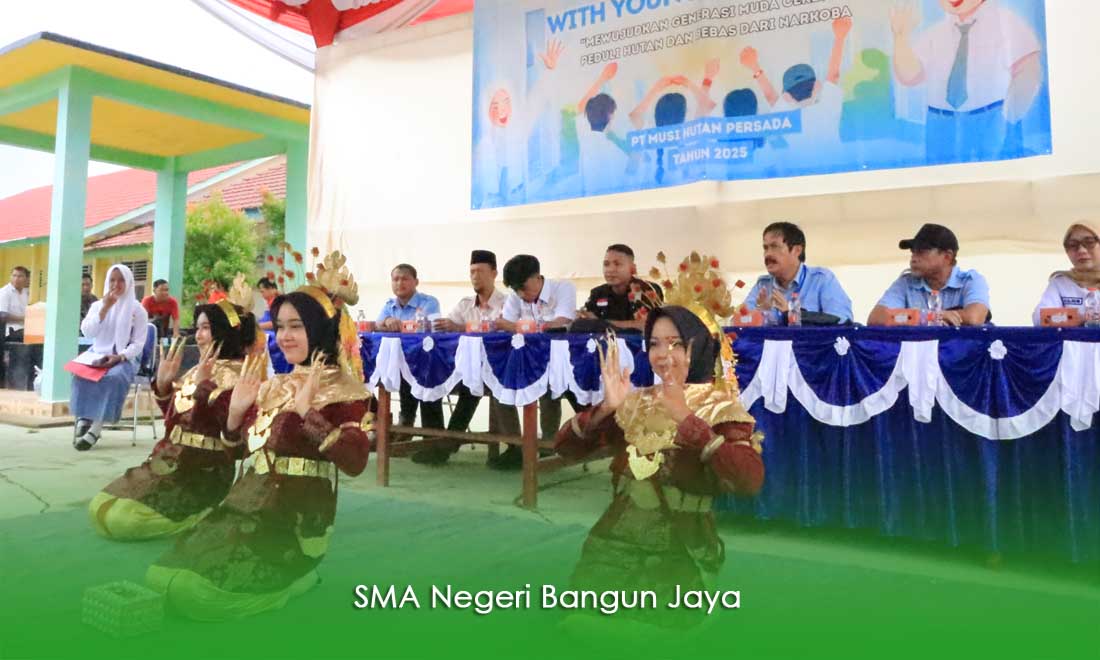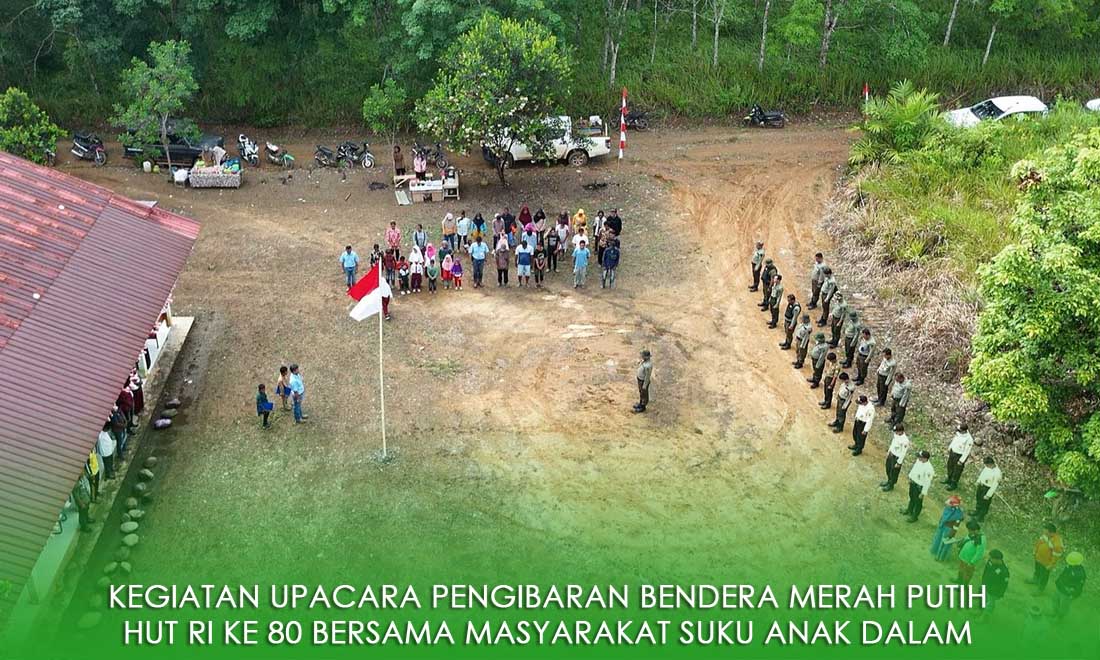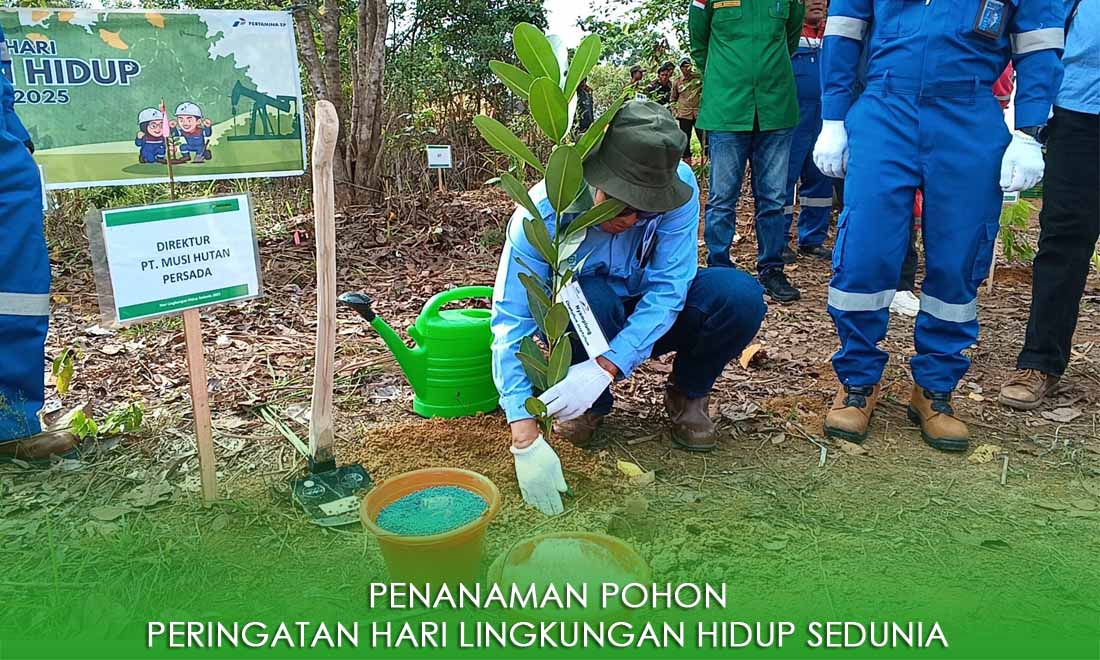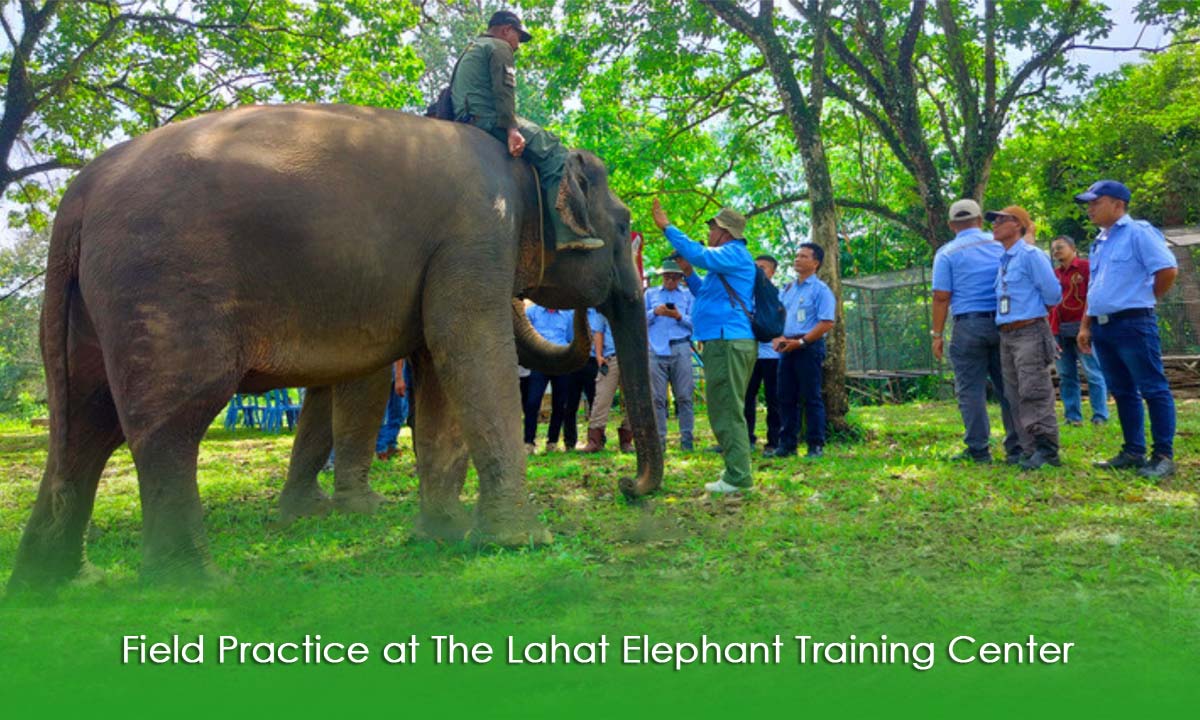


Based on identification of High Conservation Value (HCV) in 2019, in PT Musi Hutan Persada work area there are 453 types of flora (1 protected) and 183 types of fauna (35 protected). Two types of wildlife are Indonesia's flagship species, namely Sumatran elephant (Elephas maximus sumatranus) and Sumatran tiger (Panthera tigris sumatrae). As a form of commitment to protect and maintain biodiversity of flora and fauna, Company has established Protected Area of 43,147 ha in 3 forest areas, namely Benakat (30,041 ha), Subanjeriji (11,506) and Martapura (1,599 ha) which functions as Germplasm Protection Area (KPPN) and Wildlife Conservation Area (KPSL).
Coexistence with wildlife has prevailed at MHP. Harmonious interaction between Company and wildlife has been established since 1990. However, Company understands that increasing use of forest areas for non-forestry activities by various parties, both within and around MHP work area, has resulted in the risk of conflict between humans and wildlife (especially Sumatran elephants and Sumatran tigers) now and future. Considering this, Company has developed strategy and established technical plan to manage the risk of conflict.
Company has established the Human and Wildlife Conflict Mitigation Task Force. In an effort to strengthen the institutional capacity of Task Force, through collaboration with South Sumatra Natural Resources Conservation Agency (BKSDA) and Perkumpulan Jejaring Hutan Satwa (wildlife forest network association, PJHS), Company carried out training on "Conflict Mitigation between Humans and Sumatran Elephants" on 18-19 December 2023. Training participants including 18 MHP employees and 2 residents of SP-5 Trianggun Jaya Village. Trainers from BKSDA and PJHS provided all participants with an understanding of elephant behavior, how to act when they encounter an elephant, techniques for herding elephants, and making and operating pipe cannons to ward off elephants.
In order to improve condition of elephant habitat, Company is rehabilitating Protected Areas that have been degraded due to forest encroachment in the past, as well as enriching the types of animal food. This effort is aimed at providing suitable place to survive and increase population of animals which are important genetic resource assets in Indonesia.
Concern and support from all employees, partners and all stakeholders is needed to maintain and protect wild Sumatran elephant so that future generations can still see this magnificent large mammal still living and breeding in its natural habitat.


